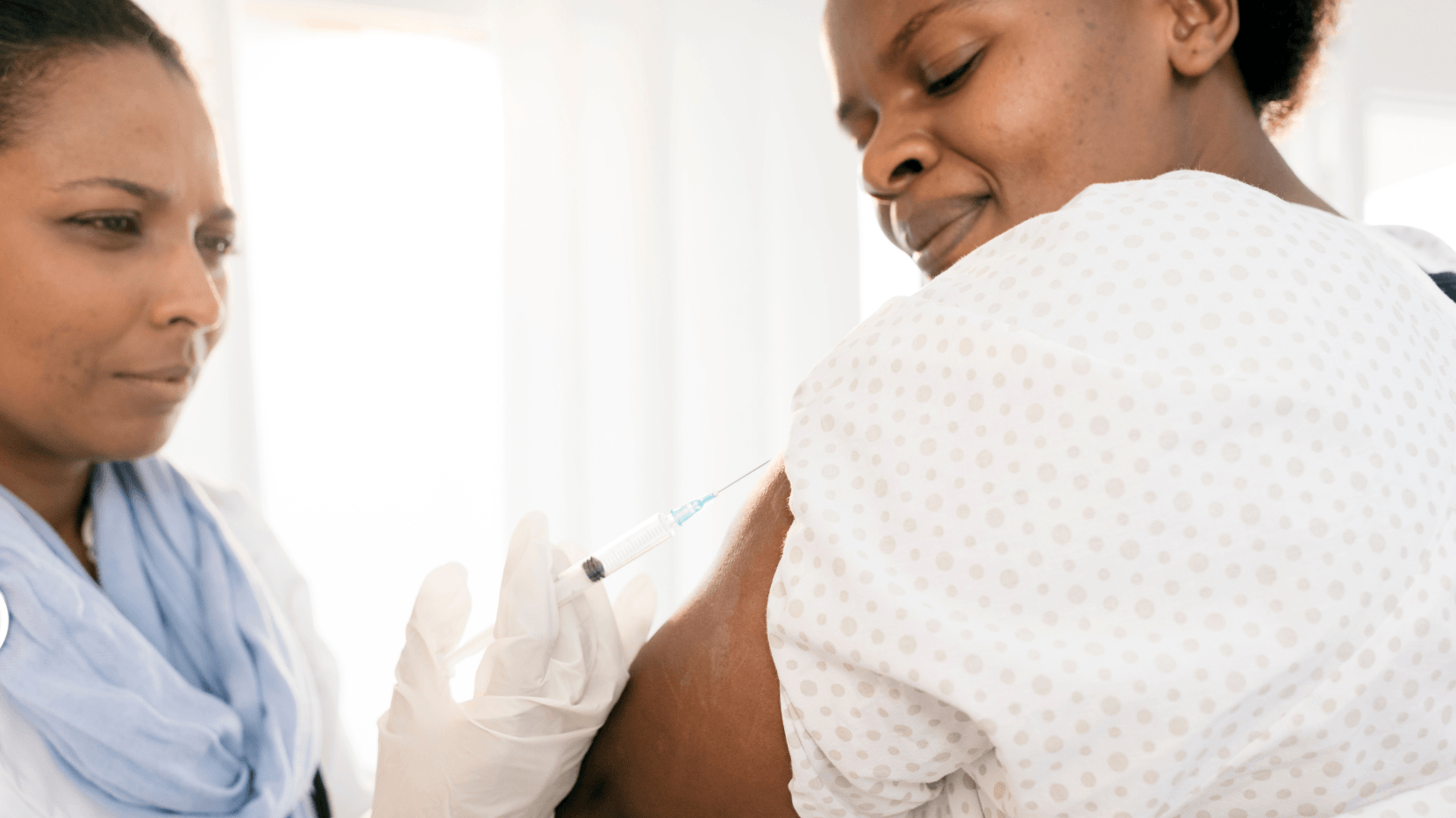
We Proudly Accept Medi-Cal and Medicare
Write your caption hereButton
Now Accepting Walk-ins!
Write your caption here

We Proudly Accept Medi-Cal and Medicare
Write your caption hereButton
Now Accepting Walk-ins!
Write your caption here

Regardless of who you are, all women run the risk of encountering cervical cancer during their lives. At one point, cervical cancer was the leading cause of cancer deaths among women in the US. Thankfully, though, the number of cases has significantly declined in the past 40 years, mainly because more women are regularly getting pap tests.
However, the decrease in cervical cancer cases doesn’t mean that you should be complacent — all women are still at risk of getting it. If anything, it emphasizes the importance of adhering to preventive health programs.
Cervical cancer is preventable, but it all starts with you. You need to be proactive in taking care of your overall health. From lifestyle choices to getting tested and vaccinated, there are plenty of ways to
reduce your risk of cervical cancer.
HPV Screening and Vaccination
The most common sexually transmitted disease in the US, Human papillomavirus, or HPV, is also the leading cause of cervical cancer. About 70% of HPV-related cervical cancer cases stem from two specific strains, HPV-16 and HPV-18.
Nearly every HPV strain doesn’t show symptoms, making it harder for women to know whether they have the virus or not. So how do you know if you have HPV? The best way is through the
HPV screening test. A trained medical professional will collect sample cells from your cervix during the exam to detect HPV strains commonly linked to cervical cancer.
It would also be wise to get vaccinated to prevent the risk of HPV infection. The only
FDA approved HPV vaccine currently distributed here in the US is Gardasil, or Gardasil 9, which protects you against nine different HPV types, including 16 and 18. While the vaccine is available to women between the ages of 9 and 45, adults older than 26 should consult their doctor before getting the vaccine. You may have to discuss your infection risks with your physician and how the vaccine will benefit you.
Regularly Get a Pap Test
Early detection is crucial when it comes to preventing cancer. That’s why we strongly advise women under the age of 65 to get Pap tests regularly — every three years on its own, or every five if paired with an HPV test.
Usually performed by a gynecologist,
a Pap test (also called a Pap smear) is one of the most common tests for women to detect any cellular abnormalities that could lead to cervical cancer.
Some cells in our body develop abnormally and can be cancerous. That’s why these kinds of screenings aim to find any precancers and treat them before they become harmful to your health.
Live a Balanced, Healthy Lifestyle
Your lifestyle choices, no matter how small and seemingly insignificant, have corresponding health consequences. Some of the simple things you can do to lower your risk of cervical cancer are shifting to a healthy diet, exercising regularly, quitting smoking, and practicing safe sex. Whether it’s the food you eat or the activities you do, staying away from as many bad health habits as possible will bode well for your overall well-being and quality of life.
Prevention Is Always Better Than Cure
The old saying “an ounce of prevention is better than a pound of cure” rings especially true for cervical cancer. With plenty of ways to prevent it, the only thing for you to do is take the initiative and talk to your doctor regarding preventive measures.
If there’s anything the past year has taught us, it’s that
our health is our most priceless possession. You owe yourself to take better care of it, and one way to do that is never to miss your preventive healthcare check-ups.
AllMed Medical CentersServing
Greater Sacramento
Allmed Medical Center | All Rights Reserved.














